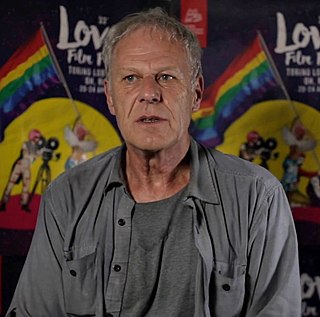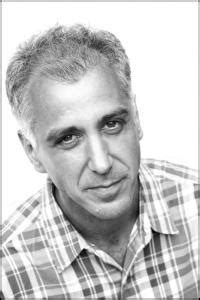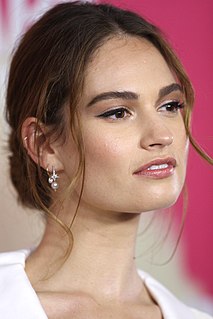A Quote by Doris Lessing
I think a writer's job is to provoke questions. I like to think that if someone's read a book of mine, they've had - I don't know what - the literary equivalent of a shower. Something that would start them thinking in a slightly different way, perhaps. That's what I think writers are for.
Related Quotes
I think a writer's job is to provoke questions. I like to think that if someone's read a book of mine, they've had - I don't know what - the literary equivalent of a shower. Something that would start them thinking in a slightly different way perhaps. That's what I think writers are for. This is what our function is.
I want my books to exist in the literary world, not only in the art world. I am interested in having a dialogue with other writers, and the readers of those writers. Someone who is reading a book of mine might not have visited my exhibitions related to it, but can still have a full, literary experience with that book. This would be a completely different experience from stepping into the show, not having read the book. One form is not illustrative of the other.
I guess I still feel that way and yet I'm slightly hesitant to insist on that idea, that it "better be fun for the writer." Or rather, that if it is, then the pleasure is a sign that it's good. Maybe I feel I've read that somewhere, other writers saying it, and I just think there is possibly no formula, and I don't like to read an interview with a writer where they just lay out the doxa of what quality is. It can seem brittle to do that.
Isn't it odd how much fatter a book gets when you've read it several times?" Mo had said..."As if something were left between the pages every time you read it. Feelings, thoughts, sounds, smells...and then, when you look at the book again many years later, you find yourself there, too, a slightly younger self, slightly different, as if the book had preserved you like a pressed flower...both strange and familiar.
Provocative... I used to be defensive about it, but in the end, I realised it's exactly right. It's what we're trying to do - to provoke thought and discussion and, you know, shake people up to start thinking about things in a different way. I'm interested in messing with what they think is the norm.
I think a book-length poem stands about as good a chance as a collection of individual poems in reaching its field of ears. This does not mean I have not found some of them too daunting to read all the way through, but it would seem there ought to be some ambition on the writer's part to create a work that would be "a read" all the way through. If not, all the pleasure belongs to the maker, and that in itself is something, an achievement.
I think I'm up for not trying to play a literary heroine. I think I'd rather just do someone that has just been created in a script, rather than in a book that everyone knows and loves. The difficulty with it and the reason these characters are so loved is that every woman and man that reads it understands it in a different way. They're so relatable, but different aspects will be drawn from different people.
Justice. To be ever ready to admit that another person is something quite different from what we read when he is there (or when we think about him). Or rather, to read in him that he is certainly something different, perhaps something completely different from what we read in him. Every being cries out silently to be read differently.






































